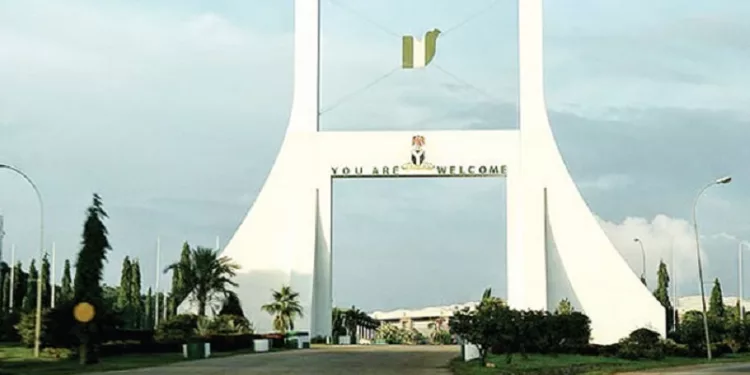The Resource Centre for Human Rights & Civic Education (CHRICED) has warned that over two million indigenous people of Nigeria’s Federal Capital Territory (FCT), Abuja, face the risk of extinction due to systematic exclusion, land dispossession, political disenfranchisement, and cultural erasure.
The alarming revelation was made on Monday during the 18th Session of the Expert Mechanism on the Rights of Indigenous Peoples, held at the Palais des Nations in Geneva, Switzerland.
The executive director of CHRICED, Dr Ibrahim Zikirullahi, , delivered a statement highlighting the dire plight of Abuja’s Original Inhabitants (OIs), who comprise nine tribes and seventeen chiefdoms.
Six delegates, supported by the John D and Catherine T. MacArthur Foundation, joined him to draw global attention to the escalating crisis.
“Today, over two million indigenous people of FCT, Abuja, otherwise known as Original Inhabitants (OIs), face systematic exclusion, land dispossession, political disenfranchisement, and cultural erasure. Without urgent and decisive action, these communities risk extinction,” Dr Zikirullahi stated.
According to him, the roots of their suffering can be traced to Military Decree No. 6 of 1976, which forcefully appropriated their ancestral lands to establish Nigeria’s new capital.
Since then, successive governments have failed to provide compensation, resettlement, or legal recognition, despite Supreme Court judgments affirming their rights.
Dr Zikirullahi criticised the Nigerian government for failing to uphold both its constitutional guarantees and international obligations under the United Nations Declaration on the Rights of Indigenous Peoples (UNDRIP).
⁵“These injustices contravene both Nigeria’s constitutional guarantees and its obligations under international human rights law,” he said.
He also highlighted the critical role of data sovereignty in addressing the crisis: “Without accurate and inclusive data, the lived realities of Abuja’s Original Inhabitants remain obscured, and their rights continue to be denied. Data is not just a technical tool; it is a vehicle for justice, visibility, and empowerment,” he declared.
CHRICED noted that the consequences of government neglect are devastating. Abuja’s indigenous communities lack access to basic amenities such as functional healthcare, quality education, clean water, sanitation, and infrastructure.
Their traditional livelihoods, farming, fishing, hunting, and craftsmanship, are under threat due to unchecked urban expansion and ecological degradation.
Politically, they are denied fundamental rights, including the ability to elect a governor or state legislature, effectively rendering them stateless in their ancestral homeland.
CHRICED called on the Expert Mechanism, member states, and relevant stakeholders to hold the Nigerian government accountable and support urgent measures, including legal recognition, political inclusion, equitable development, cultural preservation, and recognition of indigenous data sovereignty.
“Development must never come at the cost of dispossession or cultural extinction,” Zikirullahi stressed.



